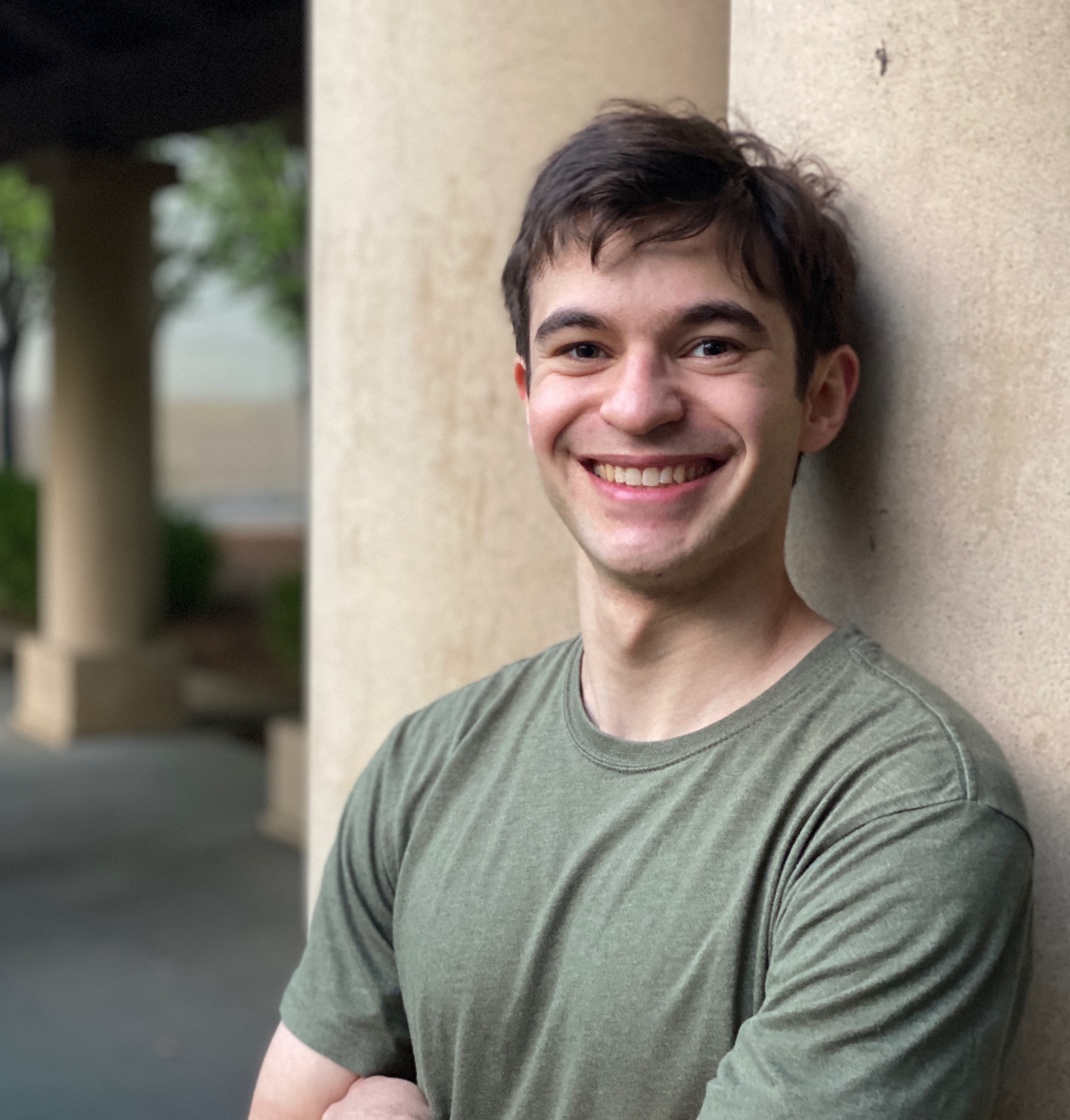Ben Newman
Hello! I'm Ben Newman, currently a PhD student at the Allen School at the University of Washington, advised by Yejin Choi. I'm interested in building computational systems that reliably process human language and studying the roles emerging language technologies can play in society more broadly.
I've worked on projects analyzing models' abilities to extrapolate, process syntax, and communicate. I've also thought about how language technologies can usefully augment human language abilities, both for scientific discovery (e.g. testing psycholinguistic hypotheses) and in political science (e.g. countering minsinformation). I've been a course assistant for two of Stanford's NLP classes, CS124 and CS224N, and have co-taught courses in Introductory Linguistics and Computing Fundamentals to high schoolers at Stanford Splash. I was previously a Pre-doctoral Young Investigator at Semantic Scholar Research and a member of the Stanford NLP group.
